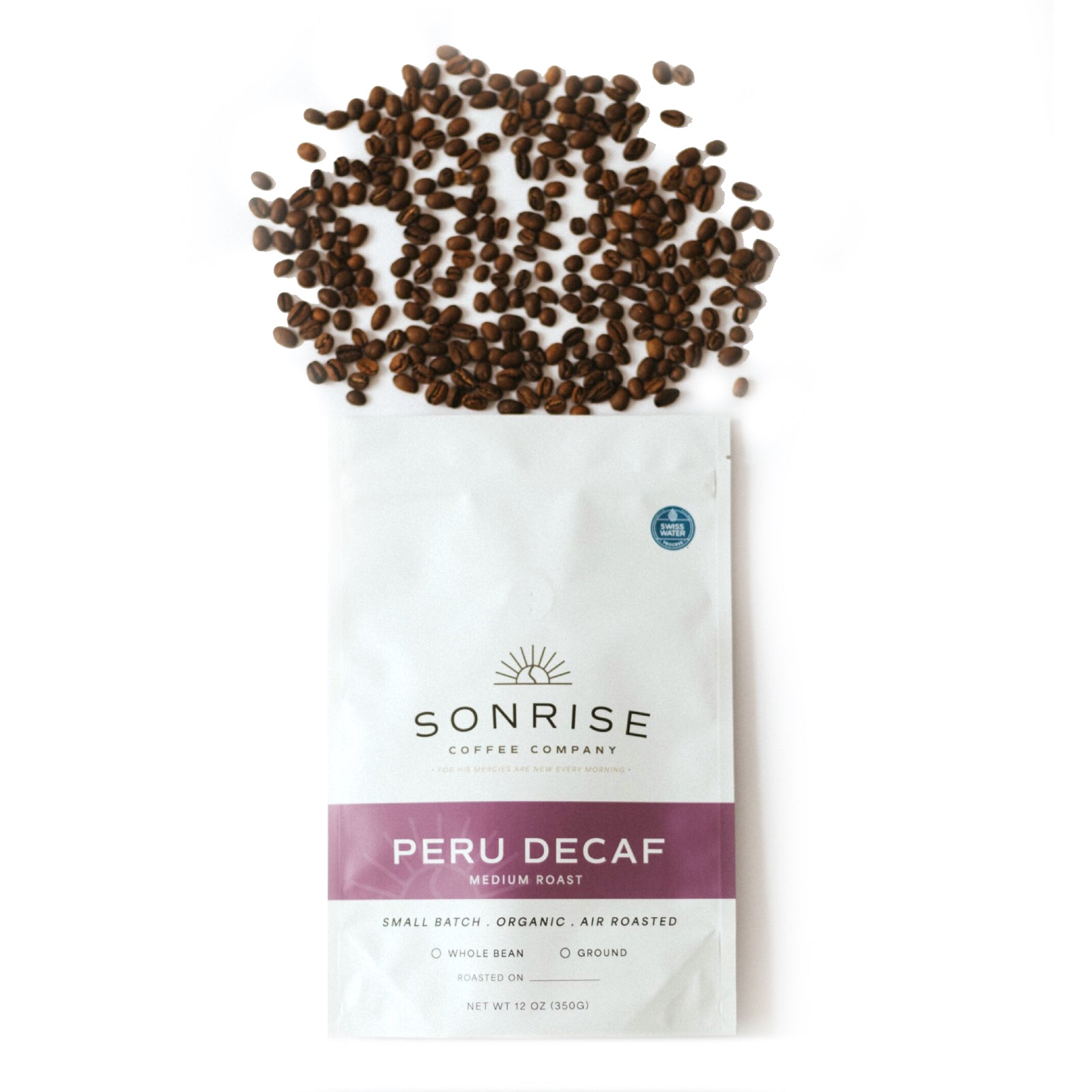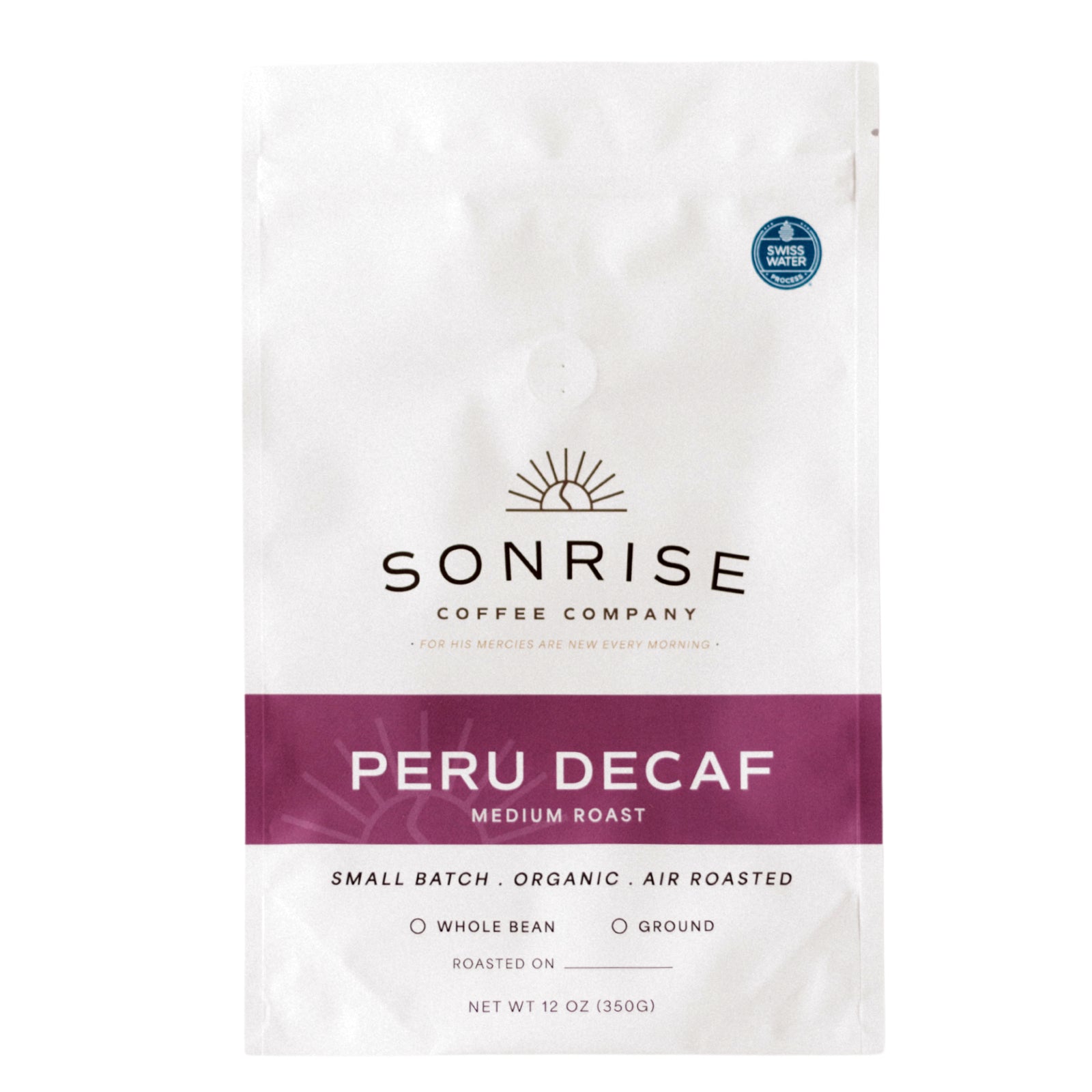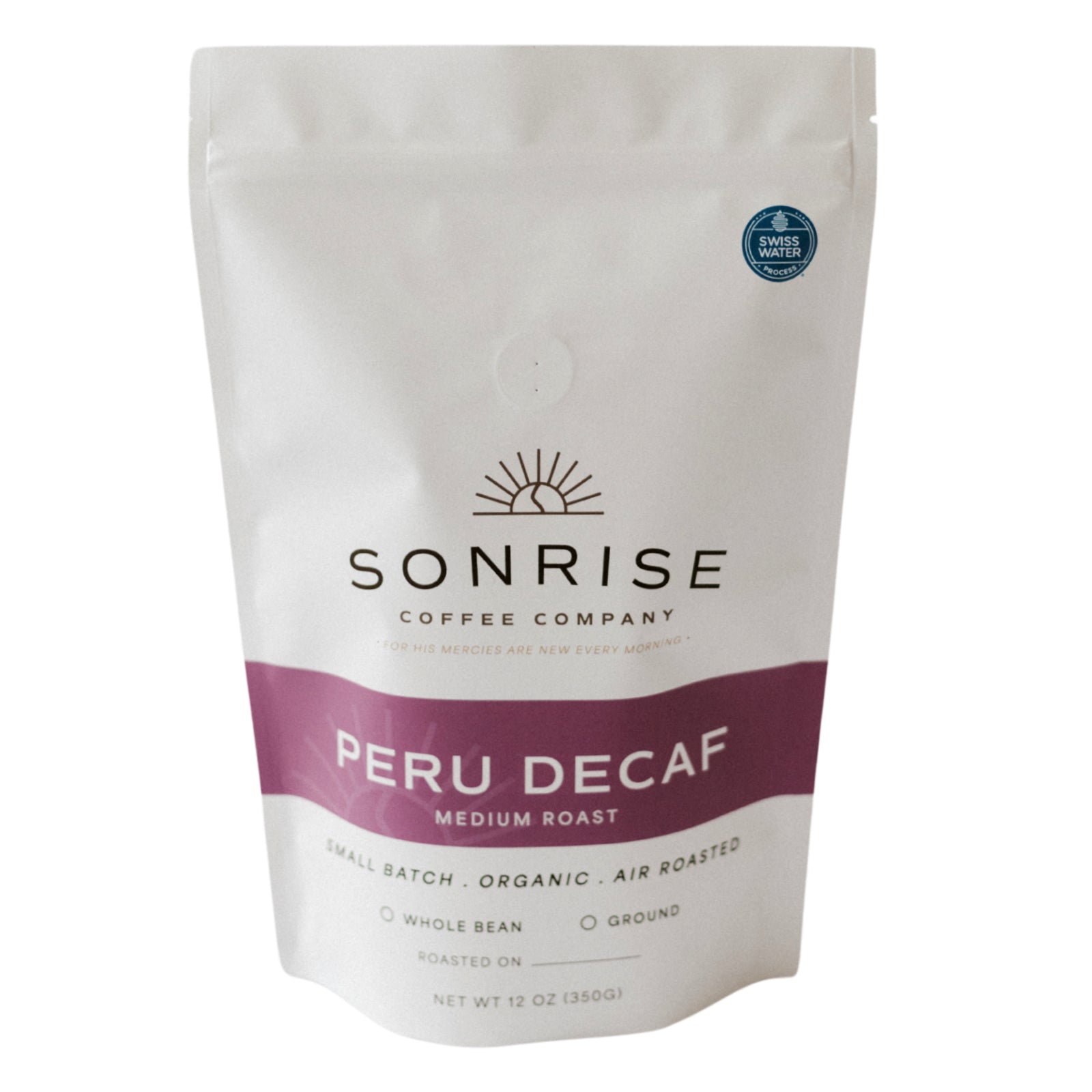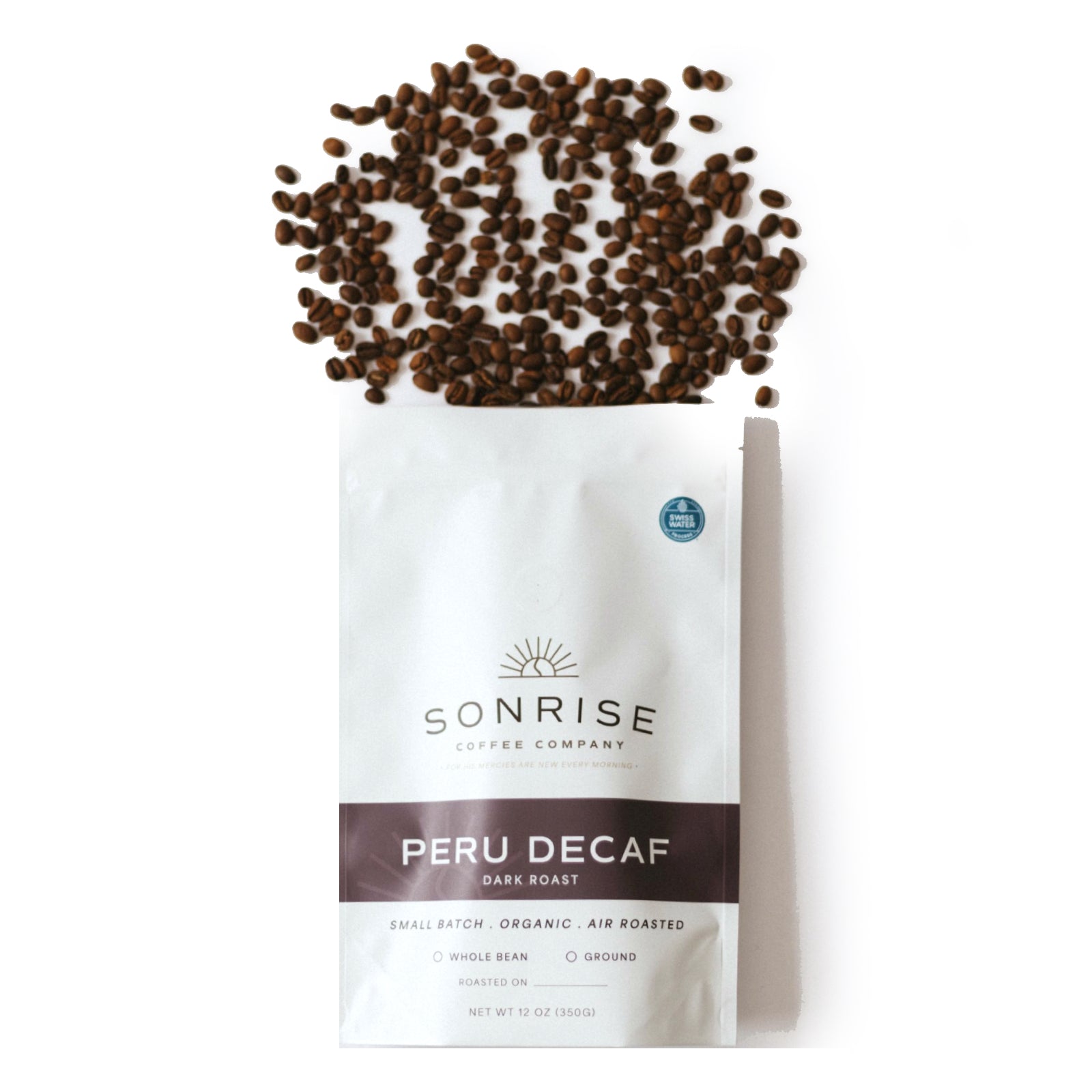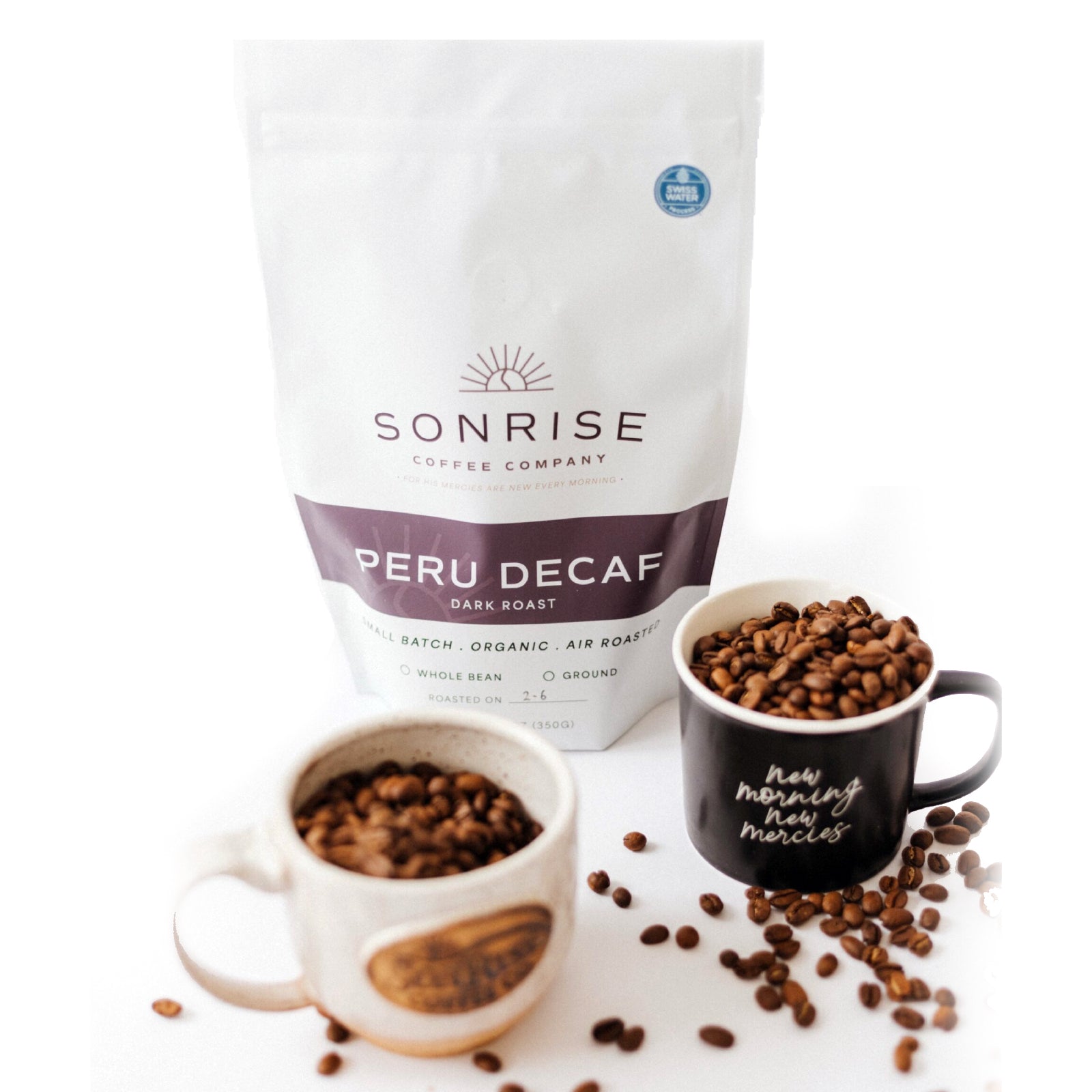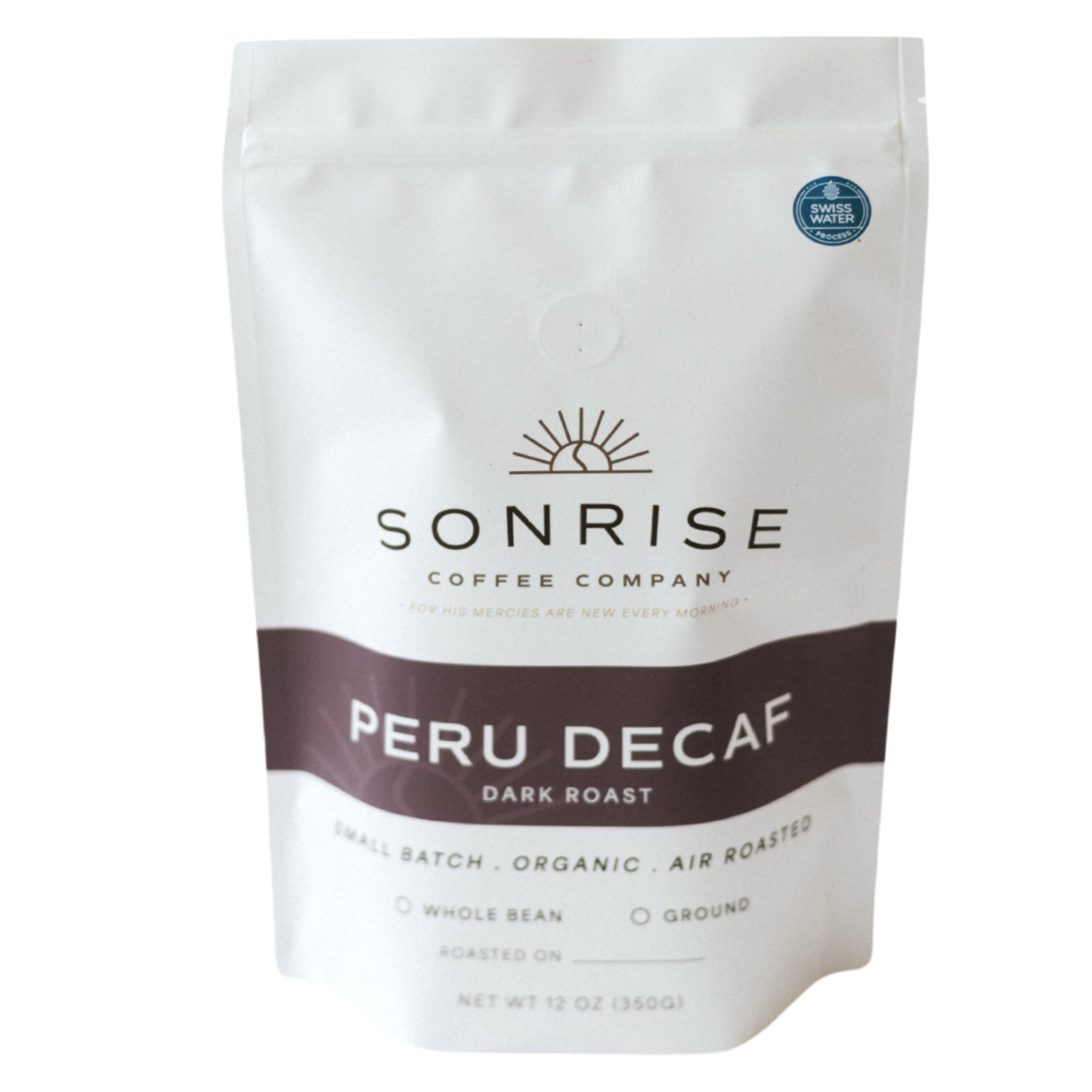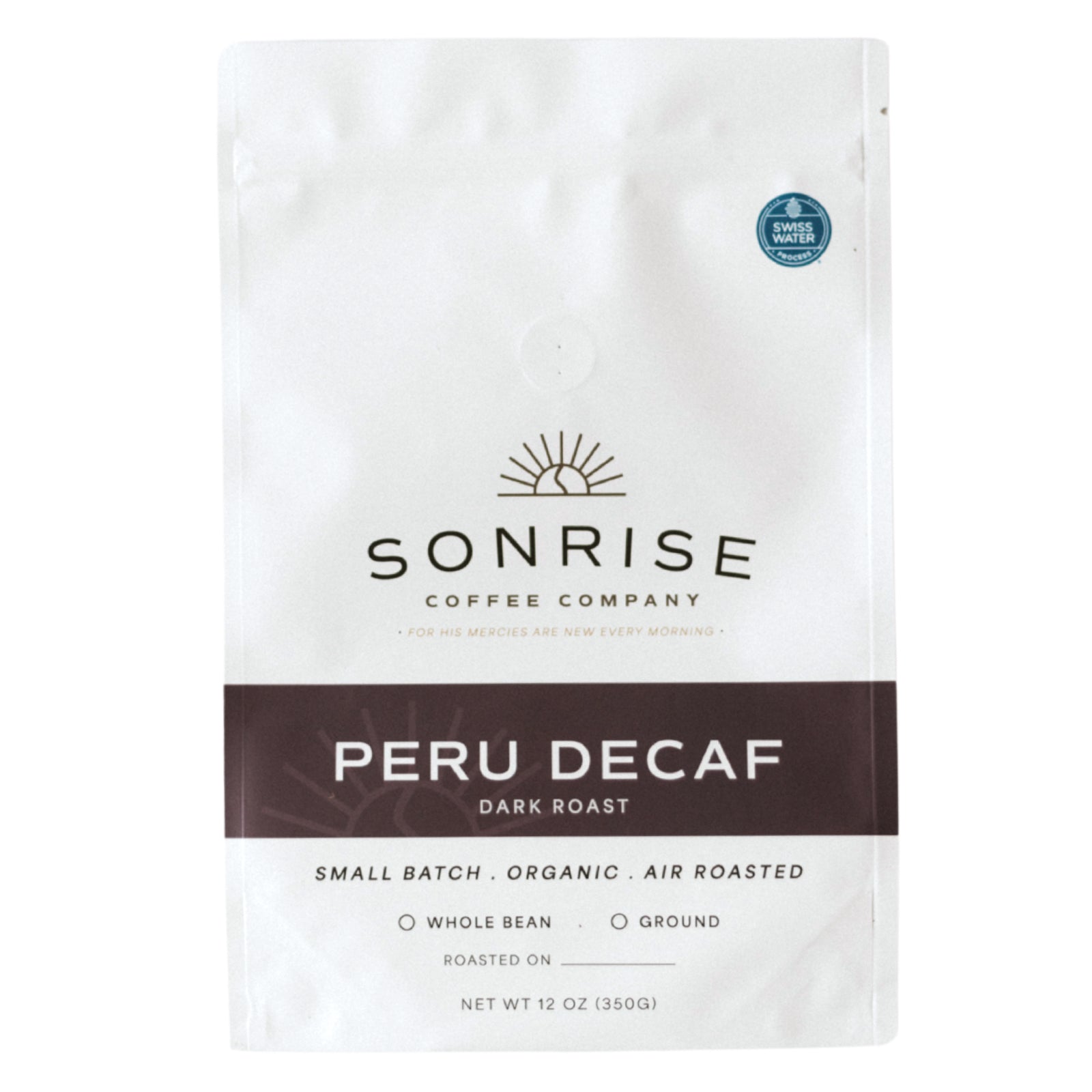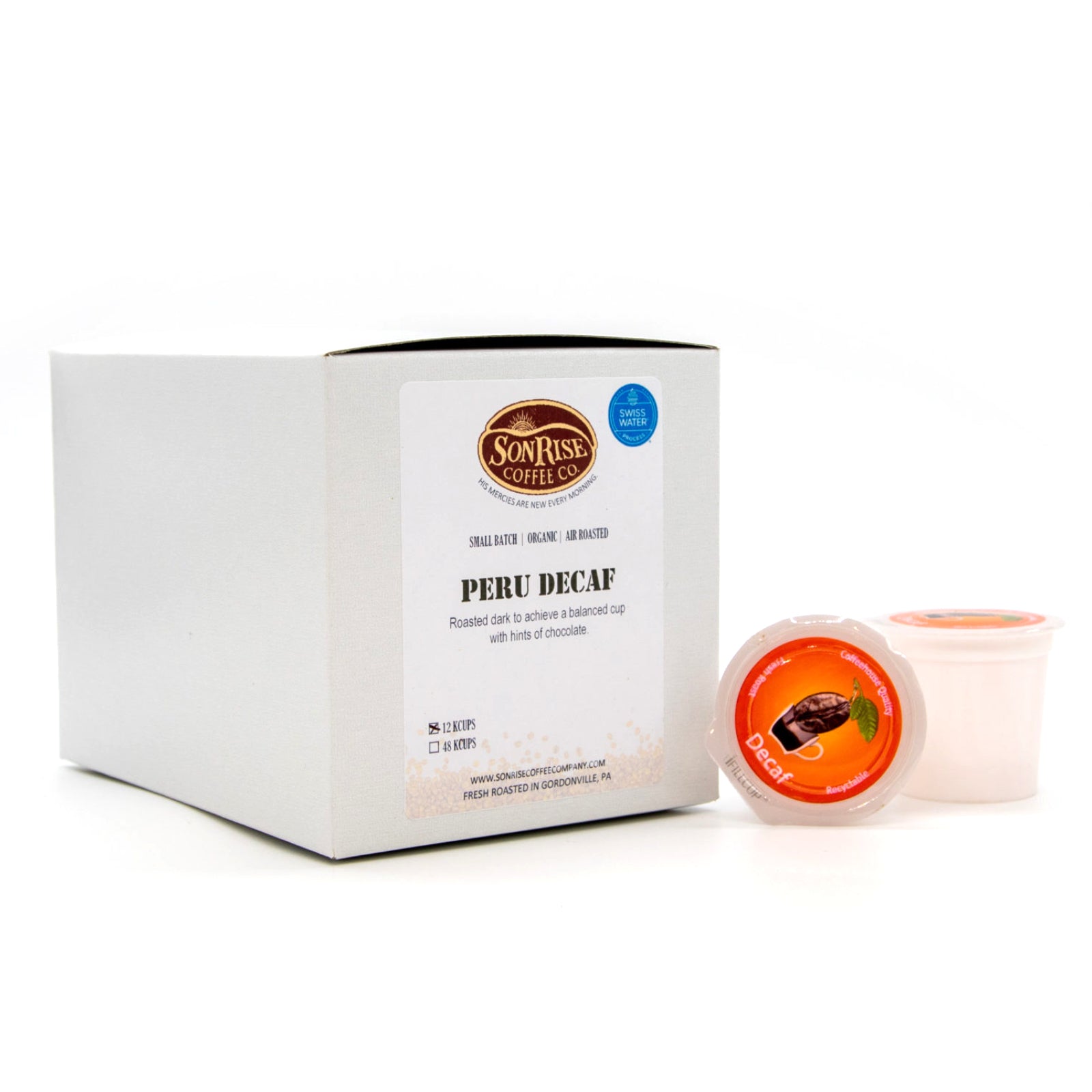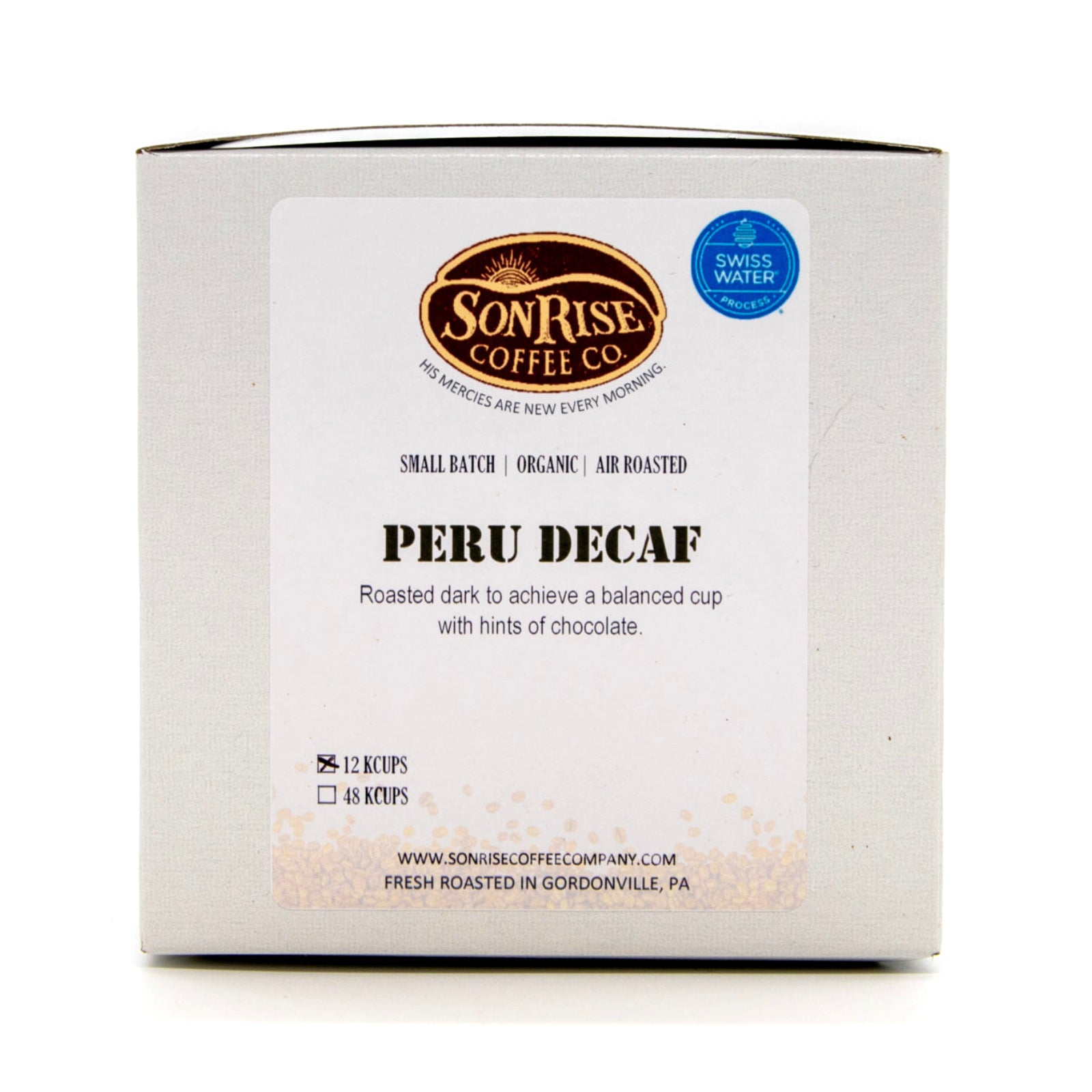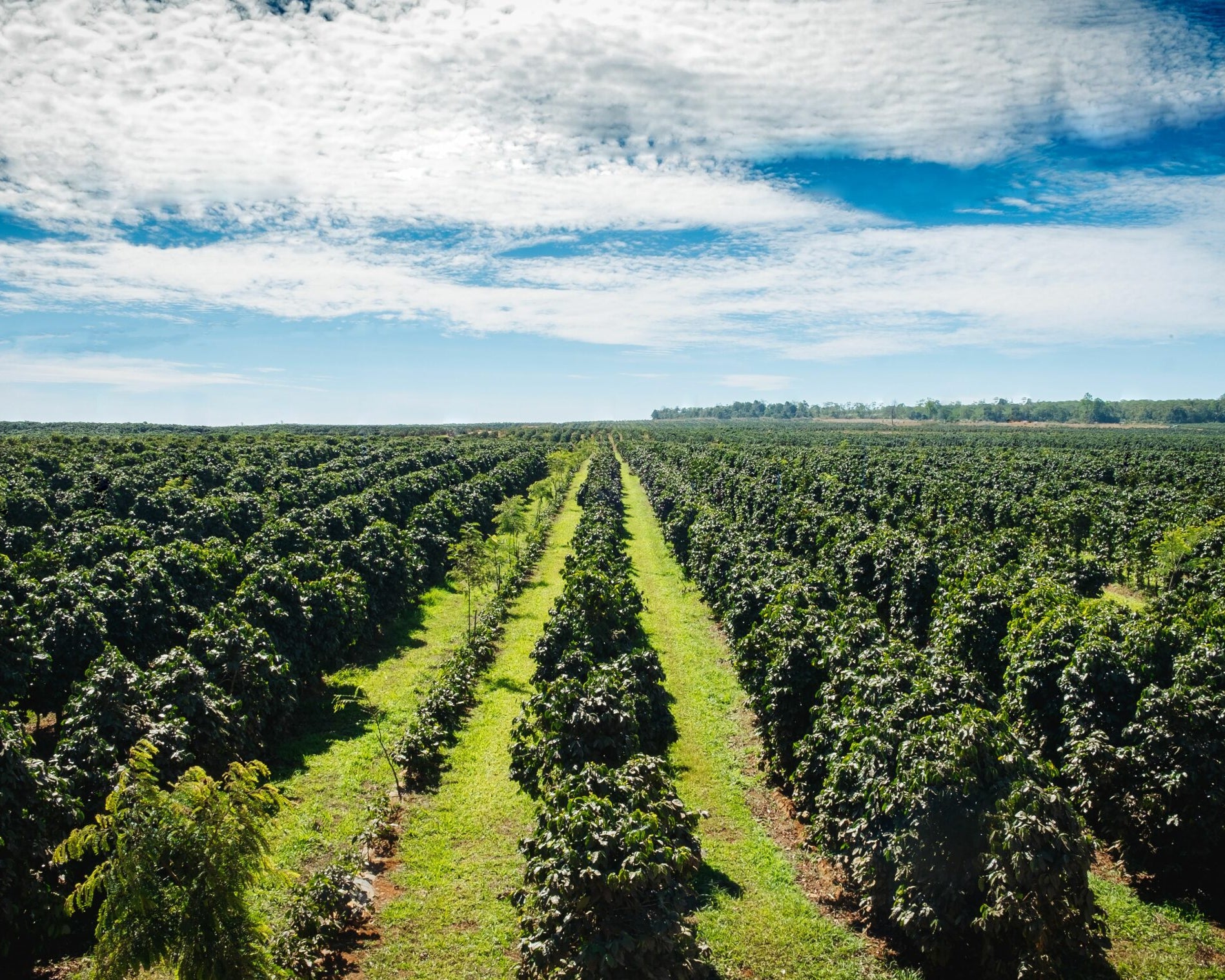Why Choose Organic Decaf Coffee?
Is organic decaf coffee better for the environment?
Is organic decaf coffee better for the environment?
Organic coffee is considered to be better for the environment than conventional coffee for several reasons.
- It contains no synthetic chemicals that contaminate soil and water and impact local ecosystems.
- By avoiding chemical pesticides and herbicides, organic coffee farms create healthier ecosystems that support biodiversity.
- Organic coffee farming practices aim to minimize pollution by avoiding the use of synthetic chemicals that can leach into waterways or contribute to air pollution.
How does the caffeine content in organic decaf coffee compare to regular coffee?
While the exact caffeine content can vary, a typical cup of regular coffee contains around 95 milligrams of caffeine per 8-ounce (240-milliliter) serving, whereas a cup of decaf coffee usually contains only about 2 to 5 milligrams of caffeine per serving.
Are there any specific health benefits associated with organic decaf coffee?
Yes!
- Reduced caffeine intake
- Antioxidant Properties
- Potential lower risk of certain health conditions
- Digestive benefits
How is organic decaf coffee decaffeinated?
At Sonrise Coffee, we decaffeinate our coffee by using only water, temperature, and time to gently remove caffeine while preserving all the coffee’s original characteristics.


